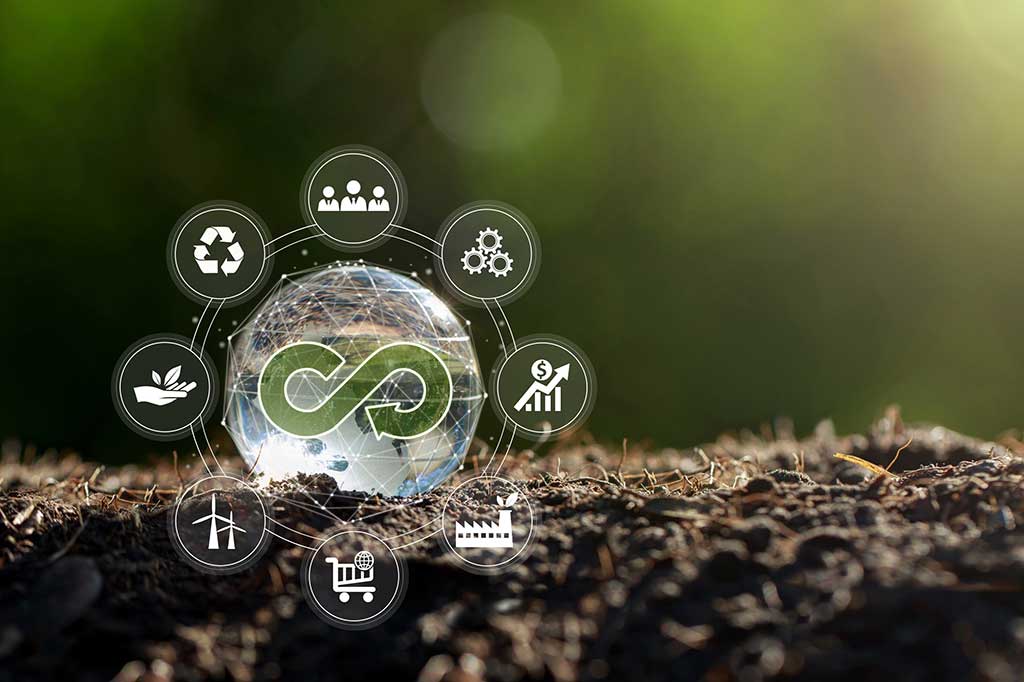The adoption of a circular economy model could potentially generate over $2 trillion in market value and create 10 million jobs globally by 2050, according to Amitabh Kant. This transformative approach focuses on reducing waste and maximizing resource efficiency across industries, driving economic growth and employment opportunities.

Source:- bbc news
Circular economy practices aim to redesign production and consumption systems to promote reuse, recycling, and sustainability. For instance, in sectors like manufacturing and agriculture, strategies such as durable product design, extended producer responsibility, and regenerative farming practices can significantly enhance economic and environmental outcomes. Transitioning to circular methods in food and textile industries could mitigate emissions, protect biodiversity, and reduce resource dependency
Source:- news 18
Moreover, this model is expected to stimulate innovation, offering economic opportunities worth $4.5 trillion while supporting sustainable development goals. By 2050, transitioning to circular processes could address key global challenges, including climate change and resource depletion, while fostering job creation in green technology and circular design
Share your views in the comments

